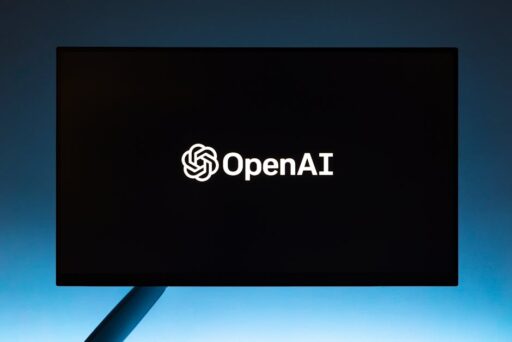Top members of Meta have been discussing the possibility of pivoting away from the company’s powerful open-source AI model, Behemoth, towards developing a closed model strategy. Sources have informed The Times that while Meta completed training on Behemoth, its release was delayed due to underwhelming internal performance. With the launch of the new Superintelligence Lab, testing on Behemoth reportedly halted. These discussions are preliminary, as any changes would need approval from Meta CEO Mark Zuckerberg. A company spokesperson told TechCrunch that Meta’s stance on open-source AI remains unchanged, stating, “We plan to continue releasing leading open source models. We haven’t released everything we’ve developed historically and we expect to continue training a mix of open and closed models going forward.” However, the spokesperson did not comment on Meta’s potential shift away from Behemoth.
If Meta chooses to prioritize closed-source models, it would signify a significant philosophical shift for the company. While Meta deploys advanced closed-source models internally, such as those powering its Meta AI assistant, Zuckerberg has made openness a central part of the company’s external AI strategy. This openness has been positioned as a differentiator from competitors like OpenAI, which Zuckerberg criticized for becoming more closed after partnering with Microsoft. However, Meta is under pressure to generate revenue beyond ads as it invests heavily in AI, including paying large signing bonuses and high salaries to attract top researchers, building new data centers, and shouldering the costs of developing artificial general intelligence (AGI), or “superintelligence.” Despite having one of the world’s top AI research labs, Meta still trails rivals like OpenAI, Anthropic, Google DeepMind, and xAI in commercializing its AI innovations.
If Meta prioritizes closed models, it might suggest that its previous openness was more of a strategic play than an ideological commitment. Zuckerberg’s past comments reflect an ambivalence toward fully committing to open sourcing Meta’s models. Last summer, he noted, “We’re obviously very pro open source, but I haven’t committed to releasing every single thing that we do. I’m inclined to think that open sourcing is beneficial for the community and for us due to the innovations we gain. If, however, there’s a significant change in capability, and it feels irresponsible to open source it, then we won’t.” Closed models would provide Meta with greater control and monetization opportunities, especially if they believe their acquired talent can deliver top-tier performance.
Such a shift could reshape the AI landscape. The momentum behind open-source AI, largely propelled by Meta and models like Llama, could slow, even as OpenAI plans to release its own developments. Power could return to major players with closed ecosystems, while open-source development may remain driven by grassroots efforts. The ripple effects would extend across the startup ecosystem, particularly affecting smaller companies focused on fine-tuning, safety, and model alignment that depend on access to open foundation models. Globally, Meta’s retreat from open source could cede influence to China, which has embraced open-source AI, like DeepSeek, to build domestic capability and global influence.
© 2025 TechCrunch Media LLC.






